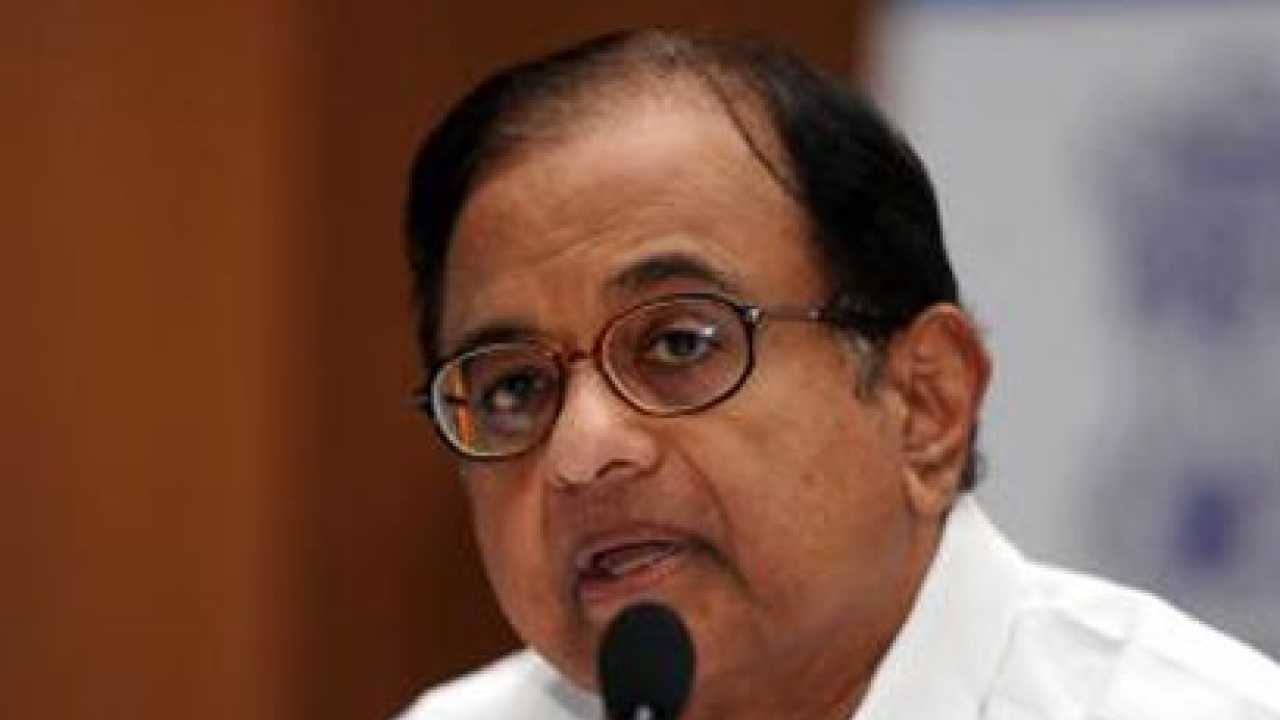
- Select a language for the TTS:
- UK English Female
- UK English Male
- US English Female
- US English Male
- Australian Female
- Australian Male
- Language selected: (auto detect) - EN
Play all audios:
Chidambaram was delivering the K Subrahmanyam Memorial Lecture at the Institute of Defence Studies and Analyses (IDSA) in New Delhi on Wednesday. Finance minister P Chidambaram has warned
that a cut back on expenditure on defence or on the police forces will severely compromise the country's defence and security preparedness and diminish India's capacity to meet
national security challenges. "The short term response is to borrow more, leading to a ballooning of the fiscal deficit. The medium term response will be to contain expenditure, but
that has its own consequences. A cut back on public expenditure will further slow down the economy. It will also curtail the number of jobs that are created," Chidambaram said while
delivering the K Subrahmanyam Memorial Lecture at the Institute of Defence Studies and Analyses (IDSA) in New Delhi on Wednesday. "A cut back on social welfare will hurt the poor. Less
money for education or health care will deny to many more people access to basic education or basic health facilities. And, finally, a cut back on expenditure on defence or on the police
forces will severely compromise our defence and security preparedness and diminish our capacity to meet the challenges to national security," he added. "In our own times, we have
seen the difference between the period when the Indian economy was on a high growth path and the period when there has been a noticeable slow down. In the former phase (2004-2008), we were
able to provide for virtually everything that we desired, but also for exceptional items of expenditure such as the agricultural loan waiver scheme," he said. "During that period,
we were also able to reduce the fiscal deficit from 4.5% in 2003-04 to 2.5% in 2007-08. When there is a slow down, the consequence is the exact opposite. The first hit is on tax revenue. As
the anticipated growth in tax revenue declines, but expenditure cannot be compressed in the short term, the gap between revenue and expenditure rises rapidly," he added. Chidambaram
stressed that national security is directly linked to the country's economic growth. "It is, therefore, a self-evident truth that growth is the key for greater public welfare and
greater security. Yet, we adopt a disdainful attitude to growth. Some think that the value of growth is overstated and that we would be better off if we pursued not the goal of growth, but
other goals such as cultural nationalism or debt-driven egalitarianism," he added. Citing examples of nations like China, Chidambaram stressed that economic growth is the most important
aspect for a country's security concern. "National security is, therefore, caught in a complex spider's web and, unless we recognise that each strand of this web is connected
to other strands, we would not be able to do justice to our fundamental obligation to protect and defend the security of the nation," he added.





